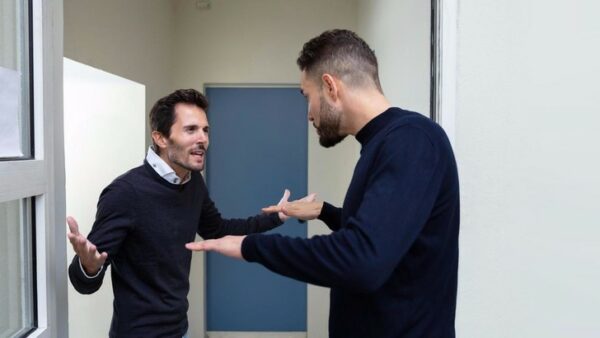Bragging, demonstrating happiness, showing an ideal life – it has long become something ordinary and natural. But not bragging already seems strange and suspicious. It is normal to feel joy from your successes and share them with others. But how to distinguish norm from pathology?

WHY PEOPLE LIKE TO BRAG
Bragging is essentially a psychological mechanism related to strengthening self-esteem and establishing one’s social status in society. To gain recognition and approval from others, to gain confidence, people brag.
Bragging can be related to the desire to increase one’s influence, attract attention and gain recognition in society. In today’s world, where social media plays a big role, bragging about achievements and successes to get more likes and followers is one way to convince yourself and others of your success and importance.
Complexes, fears, low self-esteem can be associated with the causes of bragging, which allows you to compensate for negative feelings about yourself.
Very often personality evaluation is associated with external indicators, such as material well-being, status or appearance. Sometimes people may overestimate the importance of these aspects and start using them as the main way of self-esteem and gaining recognition.
WHY PATHOLOGY OCCURS
Through bragging, a person tries to shut down their need for recognition because they feel… small. The desire for praise due to unmet childhood needs manifests itself time and time again in adulthood.
For example, a person buys an expensive car on credit, although the income does not allow. Or boasts of his achievements and position at work, how he is appreciated by the management, but in reality everything is not so rosy. All this is a manifestation of uncovered childhood needs, because parents most of the attention paid to the external attributes of success of the child, but not the internal qualities. This is how a false self is formed.
Due to the lack of support for the child in early childhood, his or her false self is formed based on the expectations of the people around him or her
People who rely on the evaluations and opinions of others build an image of themselves according to the expectations of others, play roles to fulfil expectations, but this does not reflect their true self.
If in contact with a significant adult (mother or someone else close to the child), the young person is heard and their needs are closed, the true self is formed. If the child constantly adjusts to the adult to be heard, and rarely gets attention, a false self is formed.
There is always a true self hiding behind the false one. The false self is a protective mask for the inconsolability, loneliness, and emptiness of the young child, even many decades later.
There is an upside to the false self. It is formed in absolutely all people and helps to adapt in society, to assimilate acceptable, approved norms of behaviour, to control their emotions and manifestations in case of inappropriateness.
When a person often brags, gives the desired for the actual – false self is very large, it can lead to pathology and often to narcissistic personality disorder. Boastful people have a hard time understanding themselves and their personal needs, find it difficult to define themselves, and often feel anxious and worried because they need constant external confirmation: “I am good”.
IS IT NECESSARY AND POSSIBLE TO FIGHT BRAGGING?
It is useful to fight bragging, especially if it begins to affect relationships with others and the bragger’s sense of self.
Bragging can cause negative emotions in other people and create tension in communication. In addition, it can become a barrier to real and deep relationships, as focusing on one’s own achievements can interfere with attentive perception and understanding of others.
If a person notices in themselves frequent bragging to others, there is a need, in this case it is best to see a psychologist who will create a safe environment to accept the feelings and separate the false self from the true self. In this way, a psychologist will alleviate the suffering and help one find oneself.
It is important to develop one’s own self-awareness, confidence in oneself and one’s personal values, so as not to be based solely on external references, i.e. the examples, desires and goals of others.
